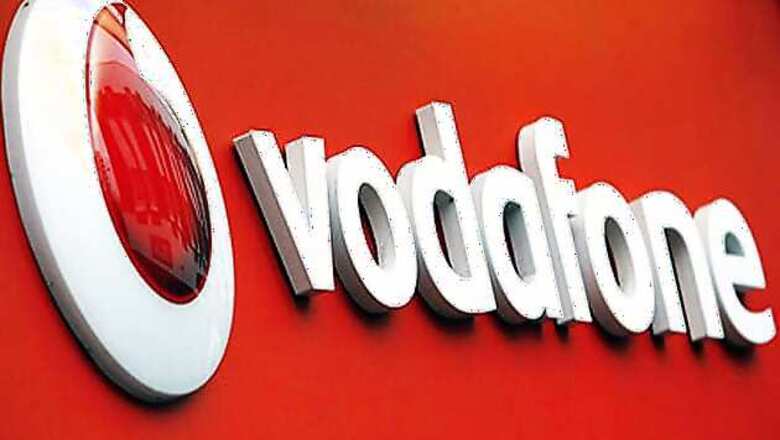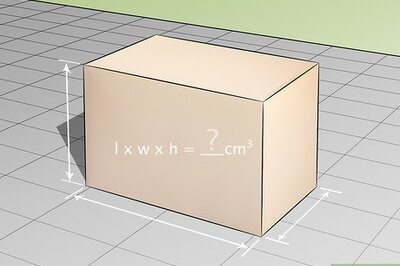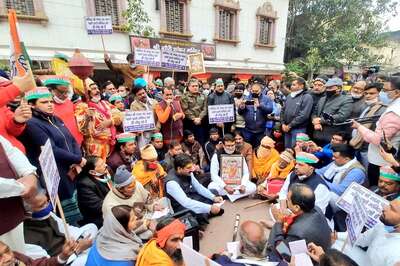
views
New Delhi: UK-based telecom giant Vodafone has said the present "regulatory challenges" in India are hampering economic development but the country offers a good long-term investment opportunities for global firms. The telecom major further said the current structure for airwaves auction in the country and piecemeal release of new spectrum are creating capital constraints for operators looking to provide quality services for subscribers.
"Spectrum auction structures combined with the piecemeal release of new spectrum, leaves less capital available for investment in bringing high quality services to more of the country, and this is exacerbated by other ongoing regulatory challenges," Vodafone Group Chairman Gerard Kleisterlee said in the annual report for 2015.
The Chairman said while India represents an excellent long-term investment opportunity, the present regulatory challenges are hampering economic development. The government raised a record Rs 1,09,874.91 crore in the country's biggest and the fiercest auction of spectrum that concluded in March.
Although about 89 per cent of the airwaves were sold, companies like Vodafone were unhappy with the limited spectrum that was put up for auction and the expense incurred. Industry body COAI Director General Rajan Mathews had said the auction was designed to ensure maximum revenue for the government. Vodafone is engaged in a long-pending Rs 20,000 crore tax dispute with the government. The dispute is over tax liability arising out of Vodafone's 2007 purchase of Hutchison Whampoa Ltd's Indian assets.
Apart from that, the company has other ongoing regulatory cases on matters like one-time spectrum charges, 3G roaming and a couple of tax cases. "On the regulatory front, headwinds in Europe are easing, although India continues to introduce new measures that will limit growth in the short term," Colao said. On the tax dispute, Vodafone said there is likely to be a delay in the arbitration process as two arbitrators of the three-member panel have quit.
"The Indian government appointed an arbitrator but he resigned in May 2015. The third arbitrator, who will act as chairman of the tribunal, had been agreed by the two party-appointed arbitrators (prior to the government's arbitrator's resignation) but declined to accept the appointment.
"There is now likely to be a delay in appointing the chairman pending the Indian government appointing a replacement for its party-appointed arbitrator," Vodafone said. While government's arbitrator, former chief justice of India RC Lahoti recused himself, neutral judge Abdulqawi Ahmed Yusuf of the International Court of Justice declined to be part of the three-member panel.
Vodafone nominee Yves Fortier of Canada, however, continues to be on the panel. The basic tax demand was Rs 7,990 crore, the total outstanding, including interest and penalty, is estimated to have risen to Rs 20,000 crore. The Supreme Court had ruled in Vodafone's favour in 2012, saying the company was not liable to pay any tax over the acquisition of assets in India from Hong Kong-based Hutchison.
The government, however, amended the tax laws with retrospective effect to undo the Supreme Court judgement and claim taxes.




















Comments
0 comment